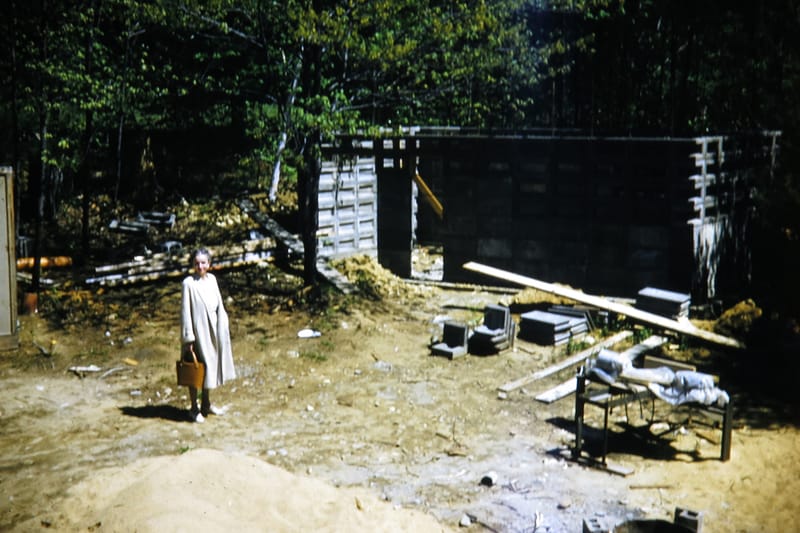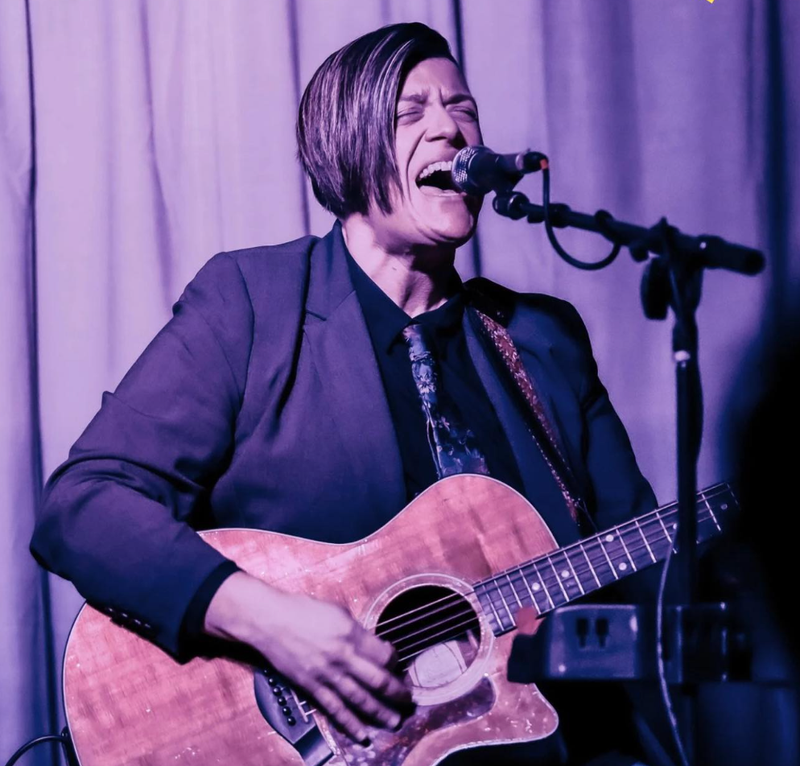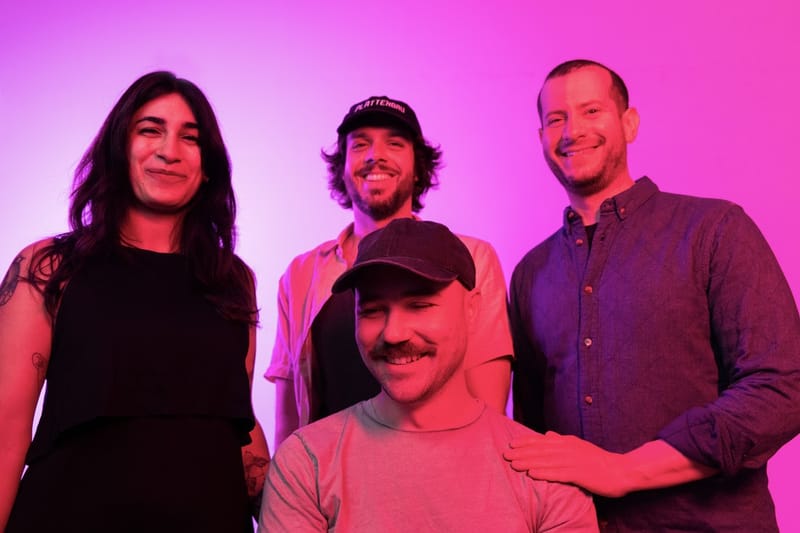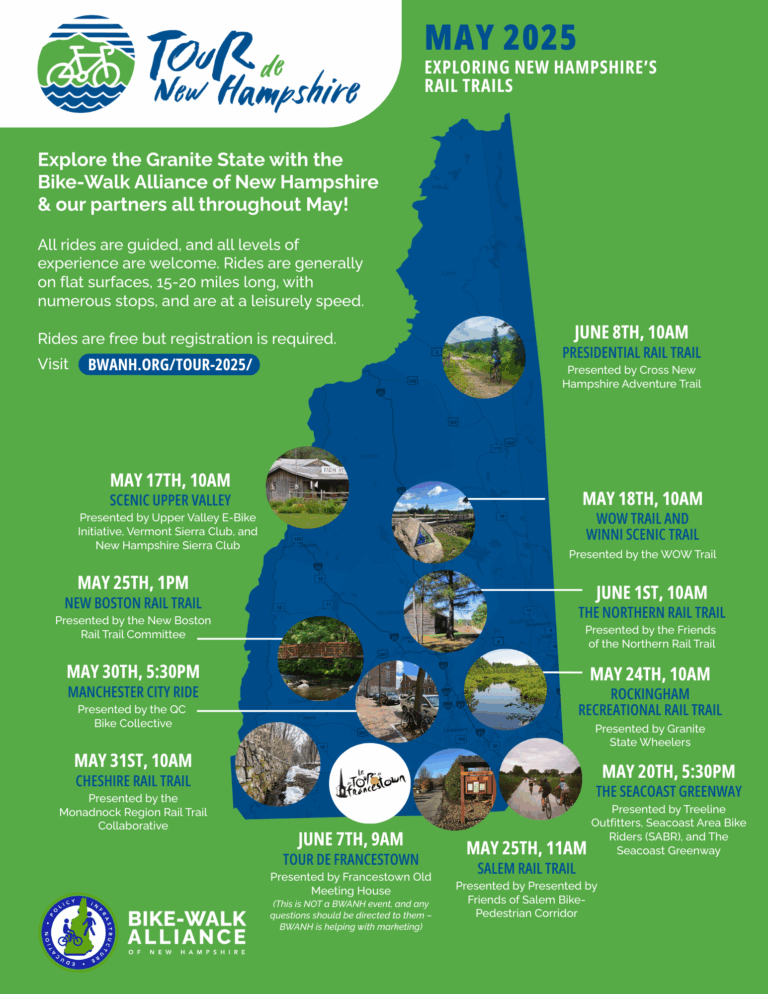Larry Goldings Trio performs Oct. 8 at Dana Center
The show starts at 7:30 p.m. and it looks to be a proper way to conclude the weekend in the Queen City.
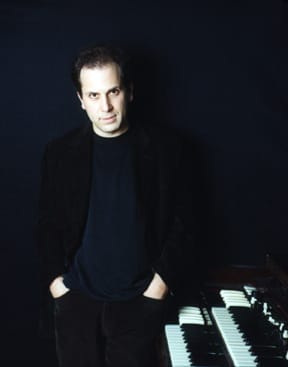
GOFFSTOWN, NH – Jazz keyboardist and composer Larry Goldings has a resume that separates him from his contemporaries. Along with jazz, he’s delved into rock, folk, hip-hop, blues, pop and soul through various collaborations. With this being said, he always has a way of going back to his primary passion. This is what’s going to be happening when he, along with guitarist Peter Bernstein and Bill Stewart on drums, perform at the Dana Center for the Performing Arts on the campus of Saint Anselm College in Manchester on October 8.
The show starts at 7:30 p.m. and it looks to be a proper way to conclude the weekend in the Queen City.
Goldings and I had a talk ahead of the performance about his New England roots, taking lessons with one of his favorite musicians at a young age, working with a wide array of artists and another project he has going on.

Rob Duguay: Even though you’re currently based out on the West Coast, you have deep roots in New England due to being born in Boston and being taught classical piano at a young age due to your father being a classical music enthusiast. How would you describe the upbringing you had and how much of an effect has it had on who you are as a musician today?
Larry Goldings: It is true that my father was and is still a classical music enthusiast, so I did hear a good amount of classical music while growing up. Although I would say that I was really trained in classical music, even though my earliest lessons were sort of classically oriented, I really came up playing by ear. New England offered a couple things, probably the first jazz pianist I heard, which was also indirectly due to my dad through a friend of his, was Dave McKenna. He was a great New England-based pianist who is unfortunately not with us anymore. I don’t know if Oscar Peterson was before him or after him, but around the same time and between those two, they both were huge for me.
I was actually able to see Dave McKenna play during a regular gig he had at what was then called the Copley Plaza Hotel in Boston along with his shows on the Cape. It was a real twist of fate, something about where he was coming from in terms of his sound on the piano as it relates to the organ, which became more of a focus for me than the piano. His way of playing solo piano was his forte, he would play these walking bass lines all the time and I just figured that it was the only way to approach it while really getting into the idea of walking bass. Later on when I started playing the Hammond organ, I realized that I might have gotten a head start from trying to emulate Dave and his walking bass lines. I think he probably led me into lots of things, including getting into the organ, so that’s one aspect of my New England upbringing.
RD: During that time as well, you got linked up with the pianist and composer Keith Jarrett to do some private lessons. How did that all come about? Was the experience like learning from him?
LG: I was still in high school and I also have to say that my father had everything to do with it. He knew that I loved Keith Jarrett, I told him that I heard rumors about him teaching but it turned out to be not true and, long story short, he just cold-called him without telling me. He found his hotel phone number while my father was also on business in Saratoga, New York, or something like that. Anyway, they had a phone call and at the end of the call they set up a time for my dad to drive me to his house in Oxford, New Jersey. I wasn’t really sure of what to do at that point in terms of teachers, so he had a lot to say about that and I was extremely intimidated to be there.
He was pretty warm, or at least he was warmed up in a way. It was a very overwhelming experience, I think I had a total of three lessons with him over the course of three years or so. It wasn’t a long-term relationship, but it was quite earth-shattering to be with one of my heroes. At that time, I was a pretty big Keith Jarrett fan although I didn’t know his entire discography. I knew what he did with his trio and on solo piano, but I was almost too young to be there in retrospect.
If you’ve ever read any of his interviews, you’d know that he can talk on some higher levels of consciousness and I think at that time I was only able to grasp about 35% of the things he would say. Just being around him, watching him play and us playing together on two pianos was mind-boggling and as it turns out, it was quite a unique experience. Not many people have gotten to be that close with him in that way, but it was great and he gave me advice, some of which I took and some of which I didn’t. One of the things I didn’t take in terms of classical music was that he told me to learn under the most strict classical teacher that I could find, someone who would make me dig deeper than I ever imagined. I didn’t quite do that, but it was just amazing to hear his perspective and to be around such a master of music.
RD: I can totally see why. Outside of jazz, you’ve collaborated with the likes of the hip-hop group De La Soul, alt-rock artist Beck, legendary rock songwriter Leon Russell, folk-blues musician Tracy Chapman and singer-songwriter James Taylor among others. When it comes to working with this wide array of talented people, do each of them require certain adjustments or adaptations?
LG: Amongst those people that you mentioned, James is by far the longest relationship I’ve had. For example, with Tracy Chapman it was just for one record, but I’ve been playing with James now since 2002. I suppose there’s certain common denominators in how I approach everybody, particularly singer-songwriters and things like that where my role is always going to be to support them and not be thinking about how I’m going to shine. It’s really about supporting their song, their lyrics and their music, so that would be the constant between all those different people, which is sometimes not the natural inclination for a jazz musician. A jazz musician wants to be free and unbridled in terms of his or her creativity and such, so you have to sort of turn off a lot of that stuff and think about music in a more broad sense.
You have to turn off the ego quite a bit to find out what’s going to compliment and make this person’s music sound the best. The most I can say is from working with James for over 20 years and in his case, he covers so much territory on the guitar himself. In fact, if he wanted to he could fire the band and just go out solo like he used to during the ‘70s because there’s so much information harmonically, texturally and with time and rhythm in how he plays the guitar when he sings. That’s a situation where I’ve definitely learned over the years how to really just play what’s necessary, not over-harmonize what he’s doing, not get in his way and just support the music. That’s always the overall challenge when you’re in that world of songs and people’s very strong personalities as songwriters.
RD: I totally see that. Another act you recently collaborated with is the indie pop duo Pomplamoose for the singles “Tu Peux Pas Savoir” and “A Cabo” that came out earlier this year. How did you all link up to record these songs and did you have any input on the songs being sung in French?
LG: I met Nataly [Dawn] pretty much during the same time I met Jack [Conte] because they’re married. A friend of mine sent me a music video by Pomplamoose years and years ago when I was trying to get my own little home studio thing together. I was fascinated by their production, I was impressed by their arrangements, just the whole concept and how they were so obviously ahead of the curve in terms of a new way to put out music. I got in touch with Jack and I told him that I wanted to pick his brain about all that kind of stuff. I was in Northern California and I spent a day with both of them and I learned a lot about how they were doing what they were doing and how they were setting up their studio.
Since then, Jack started a Patreon while helping me start my own Patreon subscription and I’ve been very much involved in Scary Pockets, which is another thing that Jack is involved in. By this time, I’ve done a whole lot with those guys and I heard this French record that Nataly made that I thought was so great. It was obvious that she spoke French very well and I’m sort of a Francophile myself. I love French pop, I love French music from the classical genres, I love all that kind of stuff, even though I don’t speak French. There’s just something about the aesthetic that I love.
My wife was pushing me to send Nataly some of my Frenchy-type songs, which were instrumentals, and she had a great idea there because it turned out to be a really good collaborative writing process. Nataly agreed to listen to some of my stuff and she took a minute, I thought for a little while that she wasn’t interested but then all of a sudden she sent me all these songs that she had lyricized. We also started a few of them together and I helped her finish a couple, so that’s how it happened. We decided to collaborate as writers and she wanted me to play on the songs, so we did four songs for this all-French record. It’s been really fun and the hope is to go to France and tour some of this music.
RD: It sounds like a good plan to have for this batch of songs. Speaking of recordings, are there any plans for a new solo album from you after the show at the Dana Center for the Performing Arts?
LG: The trio is definitely due for a record, we’ve been thinking about some ideas for that. We were talking about maybe doing the music of Wayne Shorter because we’ve never really done a concept record like that and we’re all big, big Wayne Shorter fans. In fact, I finished watching the documentary about him that’s out on Amazon, which was great. That might be what we do, but we don’t know. Hopefully, within the next six months we’re going to do that and I have some other projects I’m doing.
I just made a duo record with an old friend of mine, a trumpet player named John Snieder who is on one of my old records called “Quartet.” We have a long musical and personal friendship, we’ve played as a duo when we started working together and we sounded great while working with a singer named Curtis Stigers some years back. More recently, we decided that we should sort of extend some of that and do a whole record of duets. We’ve pretty much finished it, we’ve mixed it and we’re about to master it, so that might be the next thing that comes out.


